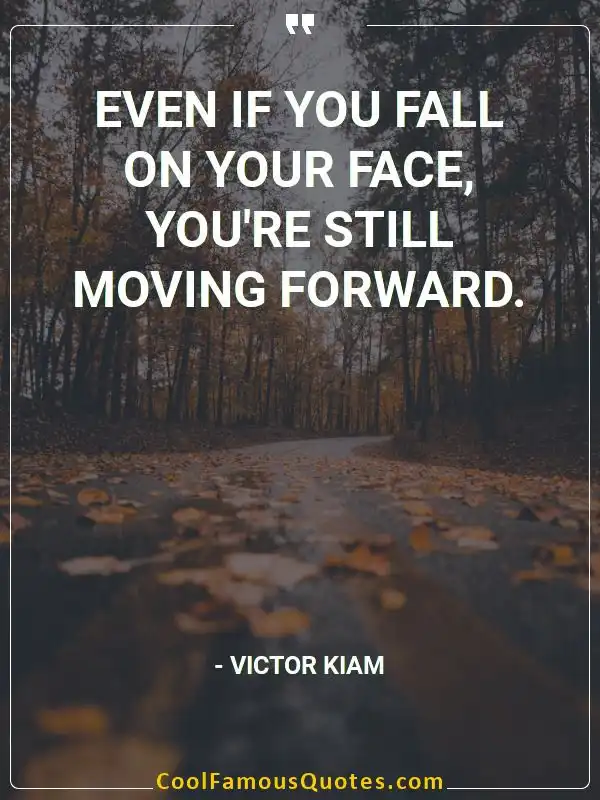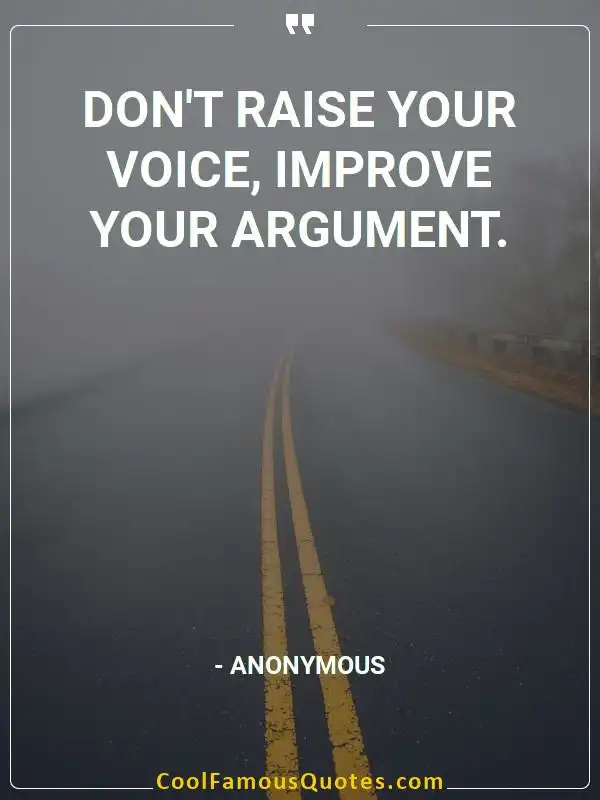“Who controls the past controls the future. Who controls the present controls the past.”
Decryption of quote
Who controls the past controls the future.
Imagine a world where history is rewritten, where the stories of the past are manipulated to serve the agenda of those in power. In this world, the future is at the mercy of those who hold the pen, shaping the narrative to suit their own interests. The past becomes a tool, a weapon to be wielded in the battle for control over what is to come.
History is not just a record of events that have already happened; it is a blueprint for the future. By controlling how the past is remembered and understood, one can influence the direction in which society will move. Those who shape the narrative of history hold immense power, for they can shape the beliefs and values of future generations.
It is a sobering thought, to realize that the past is not set in stone, but can be molded and shaped by those with the means to do so. The stories we tell about our past have the power to shape our future, for they influence the decisions we make and the paths we choose to follow.
Who controls the present controls the past.
The present moment is where history is made, where decisions are taken and actions are carried out. Those who hold power in the present have the ability to shape how the past is remembered and understood. They can influence the stories that are told, the events that are highlighted, and the lessons that are drawn from the past.
By controlling the present, one can shape the narrative of history to suit their own interests. They can highlight certain events and downplay others, emphasize certain interpretations and silence dissenting voices. In this way, the past becomes a malleable tool, a means to justify and legitimize the actions taken in the present.
It is a reminder that the stories we tell about our past are not neutral or objective, but are shaped by the interests and perspectives of those in power. The present moment is where history is written, where the past is constructed and reconstructed to serve the needs of the present.
In the end, the quote serves as a powerful reminder of the importance of understanding and critically examining the stories we are told about our past. It urges us to question who controls the narrative of history, and to consider how their control over the past shapes our future. It is a call to action, to reclaim the power of storytelling and to ensure that the past is not used as a tool of manipulation, but as a source of inspiration and learning for generations to come.
inspirational






